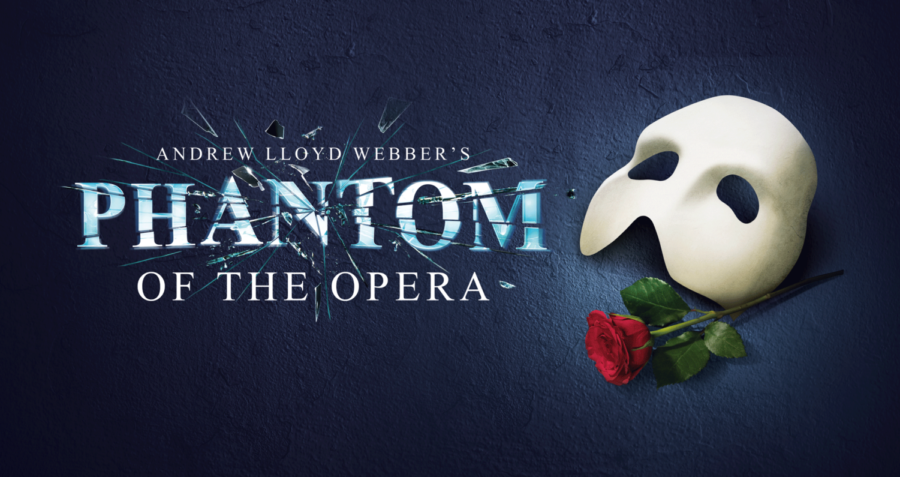The wait is over. Third Eye Blind, the preeminent band of choice on college campuses nationwide, finally released its long-delayed fourth studio album, “Ursa Major,” on Aug. 17.
Playing on campus in May as part of Mercyhurst’s annual SpringFest itinerary, vocalist Stephan Jenkins, drummer Brad Hargreaves and guitarist Tony Fredianelli tested some of their new material, including “Bonfire” and “Don’t Believe a Word.”
The album has some of the tenacity and aggressiveness of earlier albums, especially in the opening tracks, “Can You Take Me” and “Don’t Believe a Word.” The latter song follows in the vein of the ever-popular concert encore, “Slow Motion,” feigning irony and naivete about the middle class’s fascination with gangster life, explicit in such lyrics as “We like thugs when they attack / And we like crime when it’s black on black.”
In other places, Jenkins’s overtly political bias shines through. His ode to the working class, “About to Break,” is a bit overwrought, as is the charmingly sad “One in Ten,” but such silly stretching with lyrics didn’t keep their single “Non-Dairy Creamer” from becoming a minor hit.
“A Sharp Knife” and “Summer Town” both pervade with a nostalgic musty sadness, a sense of vacancy and loss apparent when he sings in the latter, “Everything starts fading / I’m losing everyone /… I’m just someone in a summer town / Standing by the old beach house where we stood outside and sang out loud / … I remember the time when we drew a crowd.”
Such sentiments are not surprising since Jenkins has broken up with former girlfriend Vanessa Carlton, a pop singer 15 years his junior. Jenkins is admittedly no longer in his prime, well into the autumn of his rock star career at 44 years of age.
It comes as no surprise when he croons about all the things his loved one can’t be in “Why Can’t You Be”: There’s a generational gap too large to bridge, the same bridge that exists between Jenkins’s adroit lyricism and what passes as radio-friendly music today. Jenkins writes of ideals not highly sought after in today’s culture, associations with “art house foreign movies,” “red balloons and ennui” and “J.D. Salinger.”
Critics of Jenkins point out that his narcissism sometimes overwhelms his lyrical greatness. He is charismatic, but it’s a self-indulgent charisma.
Therefore, “Monotov’s Private Opera” can be appreciated for being as close as Jenkins has ever come to acknowledging his constant ego-tripping: “Baby, it’s you and only you and no one else / And I will mean it / Even when I’m talking to myself.”
It’s still solipsism, but at least Jenkins finally knows it. And that, even if “Ursa Major” doesn’t garner major airtime, still constitutes something of a ‘minor’ breakthrough.






